To paint the sea: is it a process or is it a state? Maybe one leads to the other?
Anna Iltnere, discussing Philip Hoare’s Risingtidefallingstar
Category: Blog
How do we celebrate when there is nothing to show for? Where do we turn when “to show for” is our work and our work is our art but we have turned towards watering the plants and painting the kitchen and building the fire? How do we fasten ourselves toward proving nothing to no one and sinking into the privacy of life?
Marlee Grace
Back at the start of March I uncovered this cookbook in our overstuffed kitchen shelf. It’s incredibly upsetting, even for something designed in the 60s.

NOBODY WANTS THAT ON A BOOK ABOUT FOOD.
But the original text, I should mention, is from 1939. And when I cracked it open I was surprised to find that the illustrations were incredibly cool.
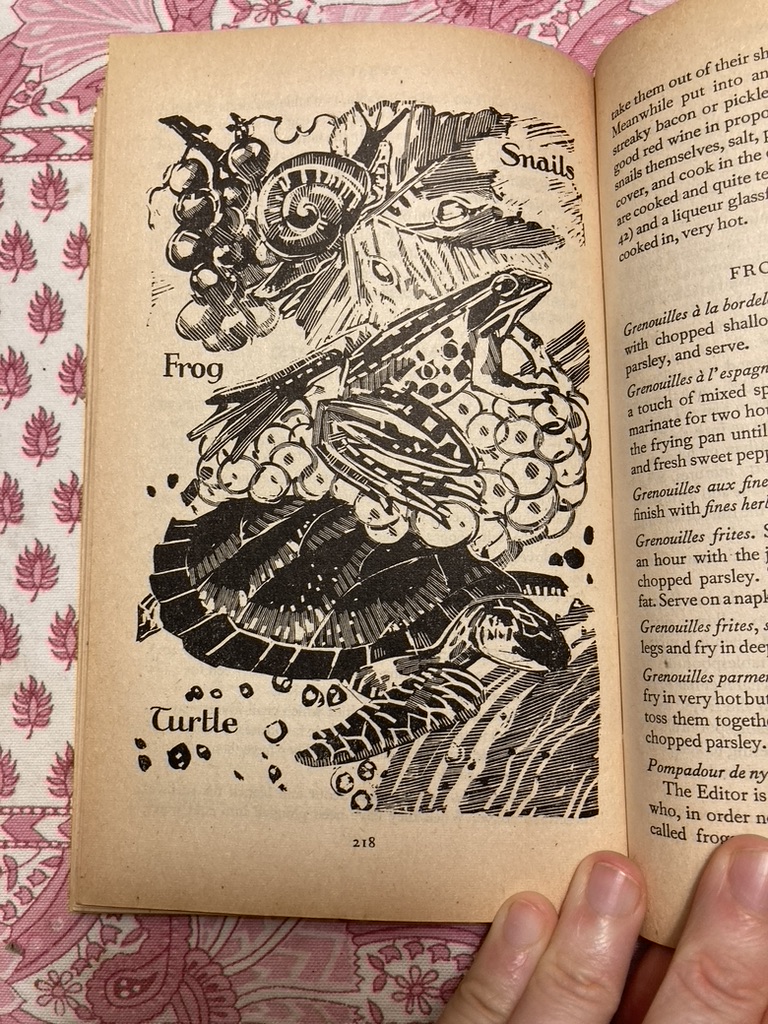
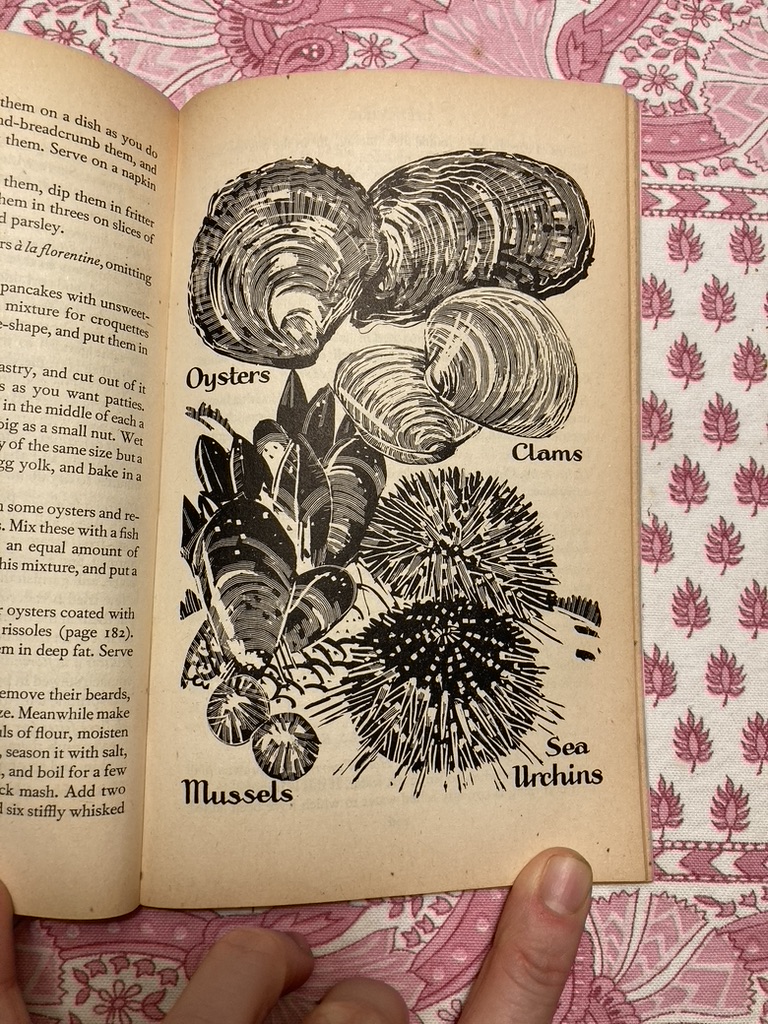
Look at those lines! So stylized! So energetic! And the compositions!
Turns out the interior artist is one Mathurin Méheut (1882-1958), a French painter I’d never heard of before. When I went searching for more of his work, I found a treasure trove. Méheut had spent two years before WWI working with naturalists at the Roscoff marine biology station—a collaboration that resulted in two enormous volumes of gorgeously-depicted marine life.
And, to my immeasurable delight, both of them are available online via RISD’s library.
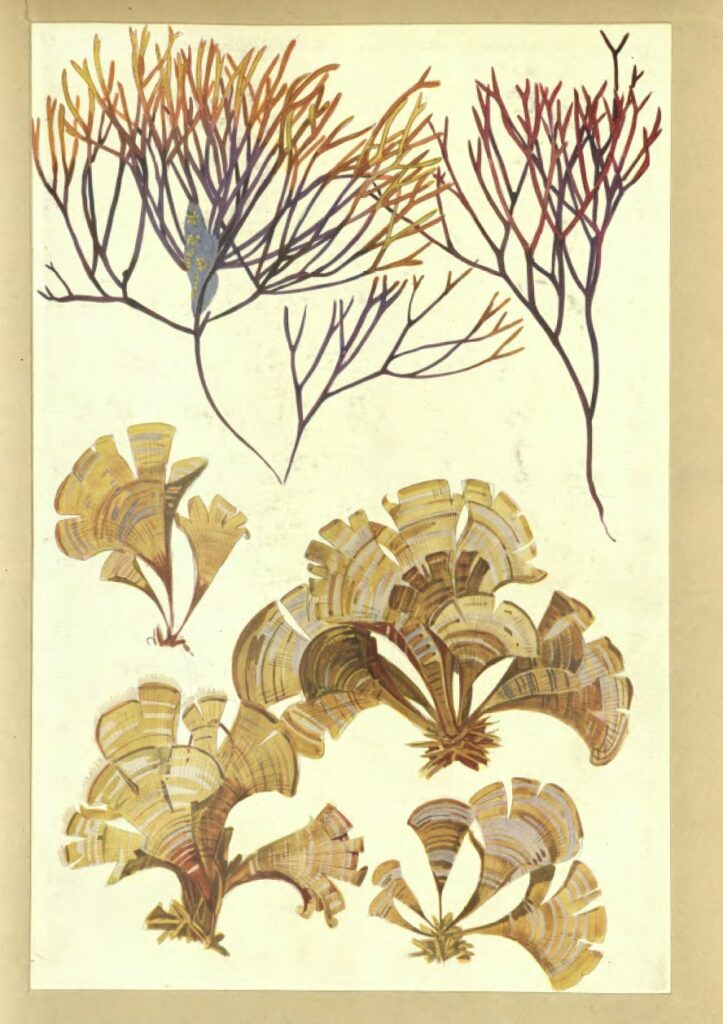
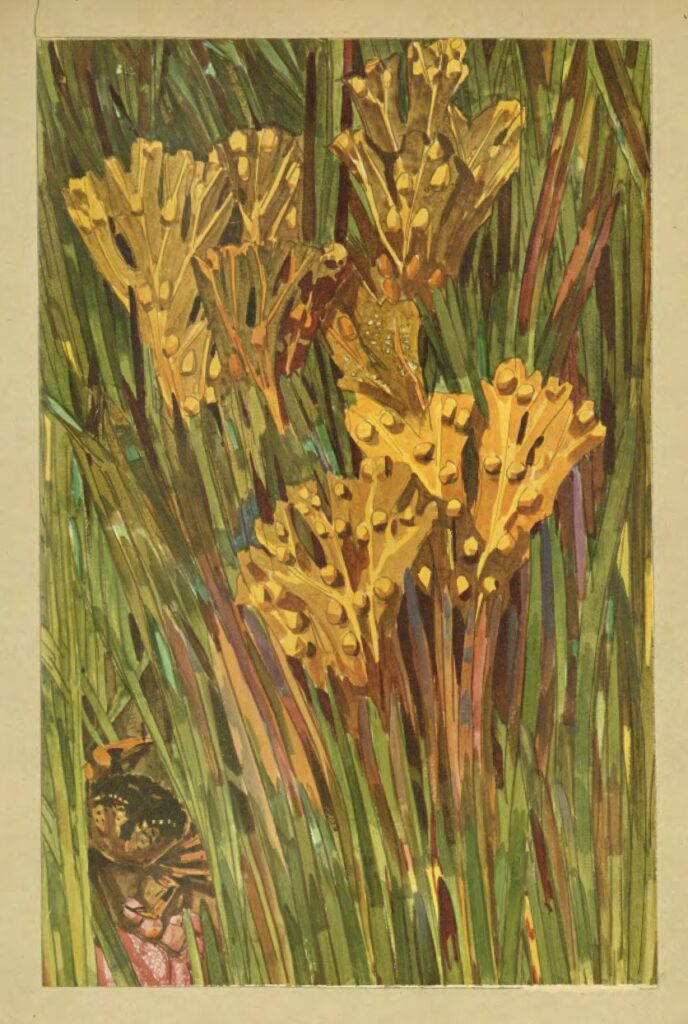
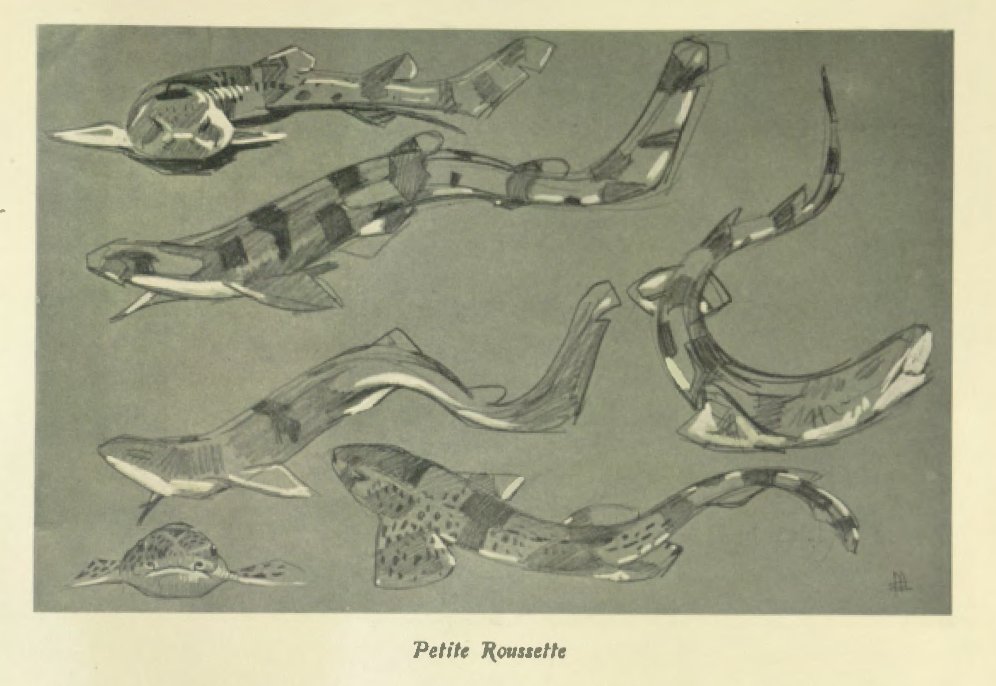
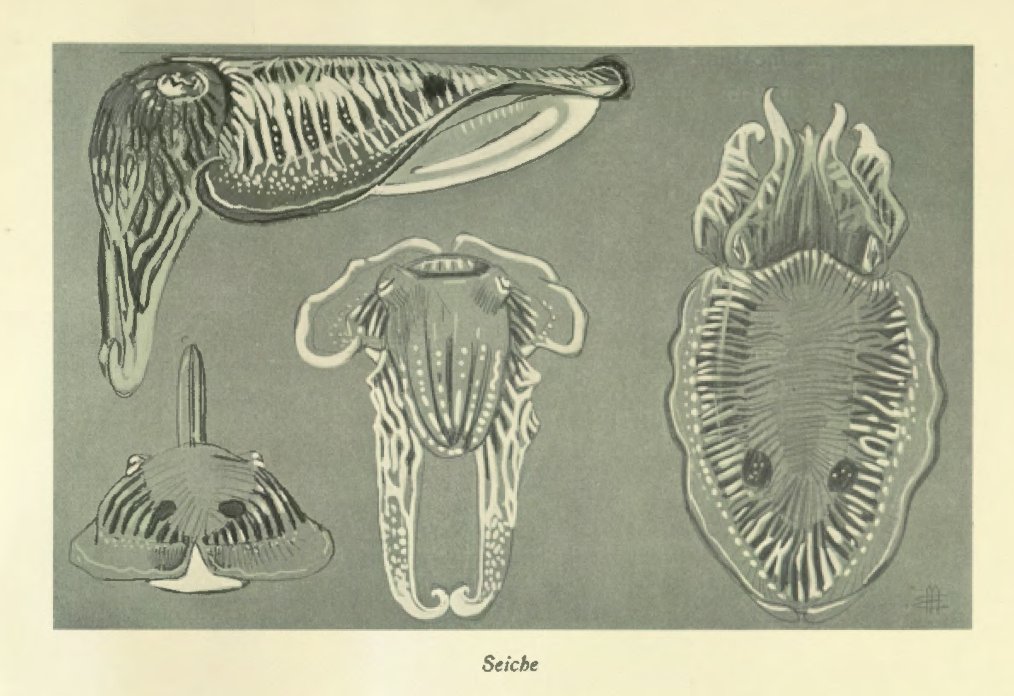
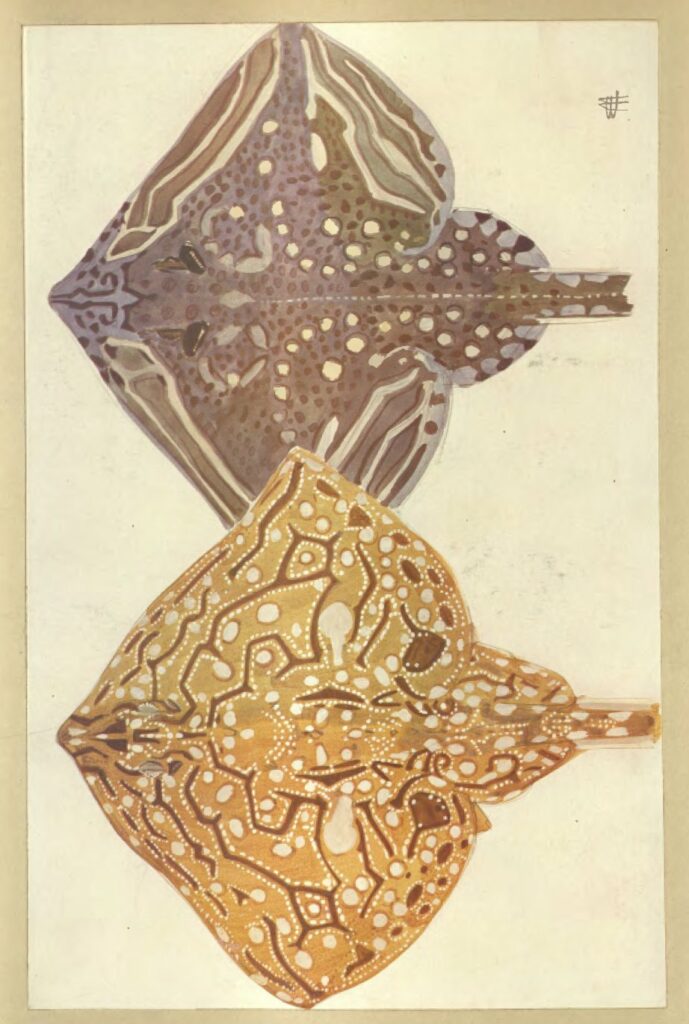
I love stumbling on illustrative work like this. It feels so modern! There’s a level of stylization that really reminds me of Jemma Salume’s animal studies.
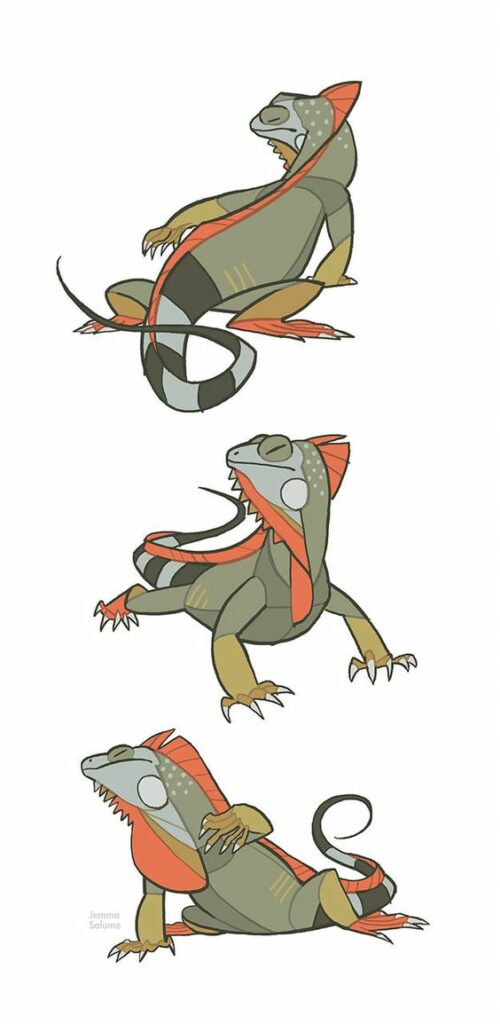
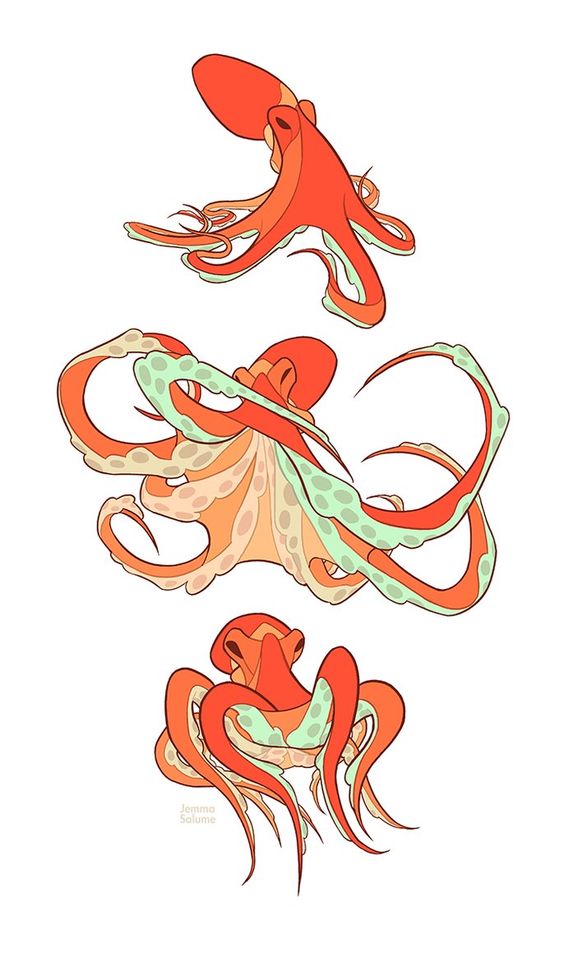
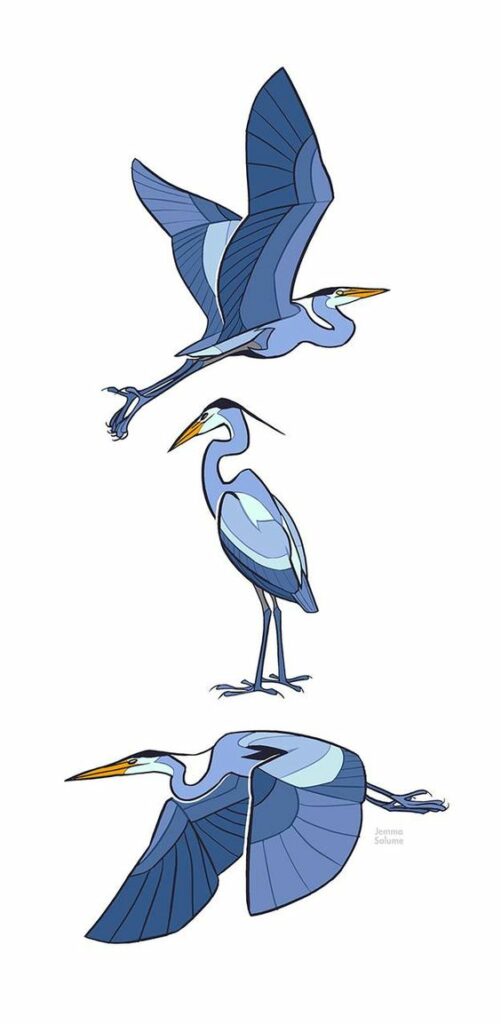
I also can’t help thinking about the work of Leopold and Rudolf Blaschka, the father-son team known for creating the most exquisite glass models in human history. Their success lay in capturing the shapes and colors of marine invertebrates at a time when methods of preservation typically left specimens looking like so much indistinguishable mucus.
This octopus? GLASS.
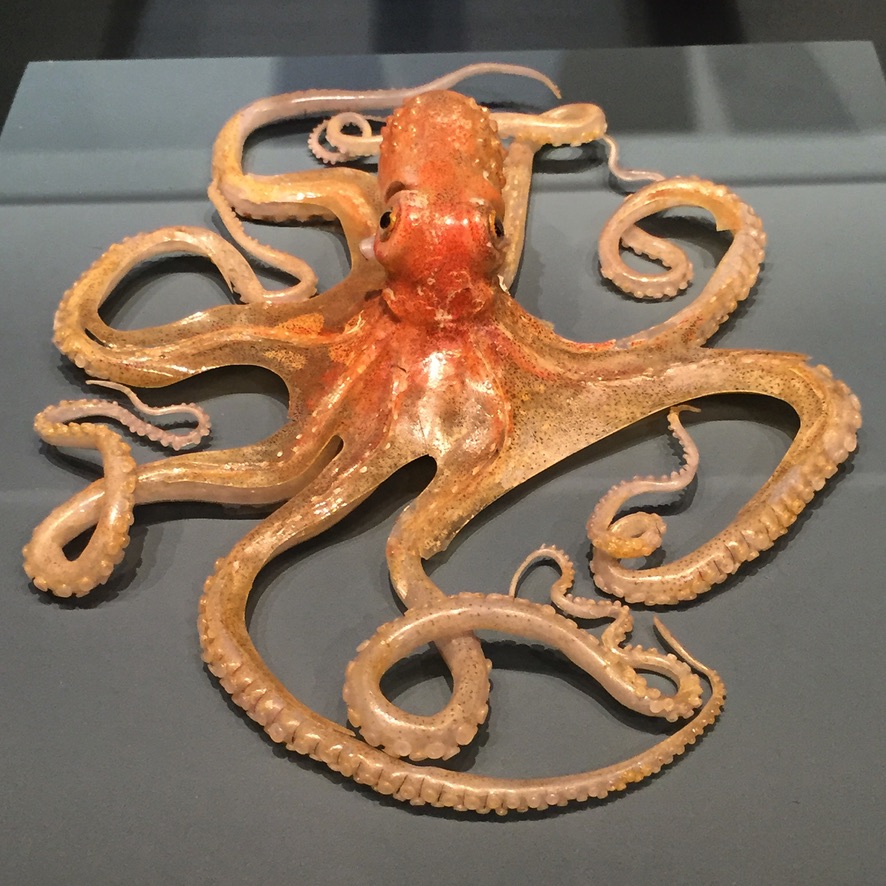
This cactus? ALSO GLASS.
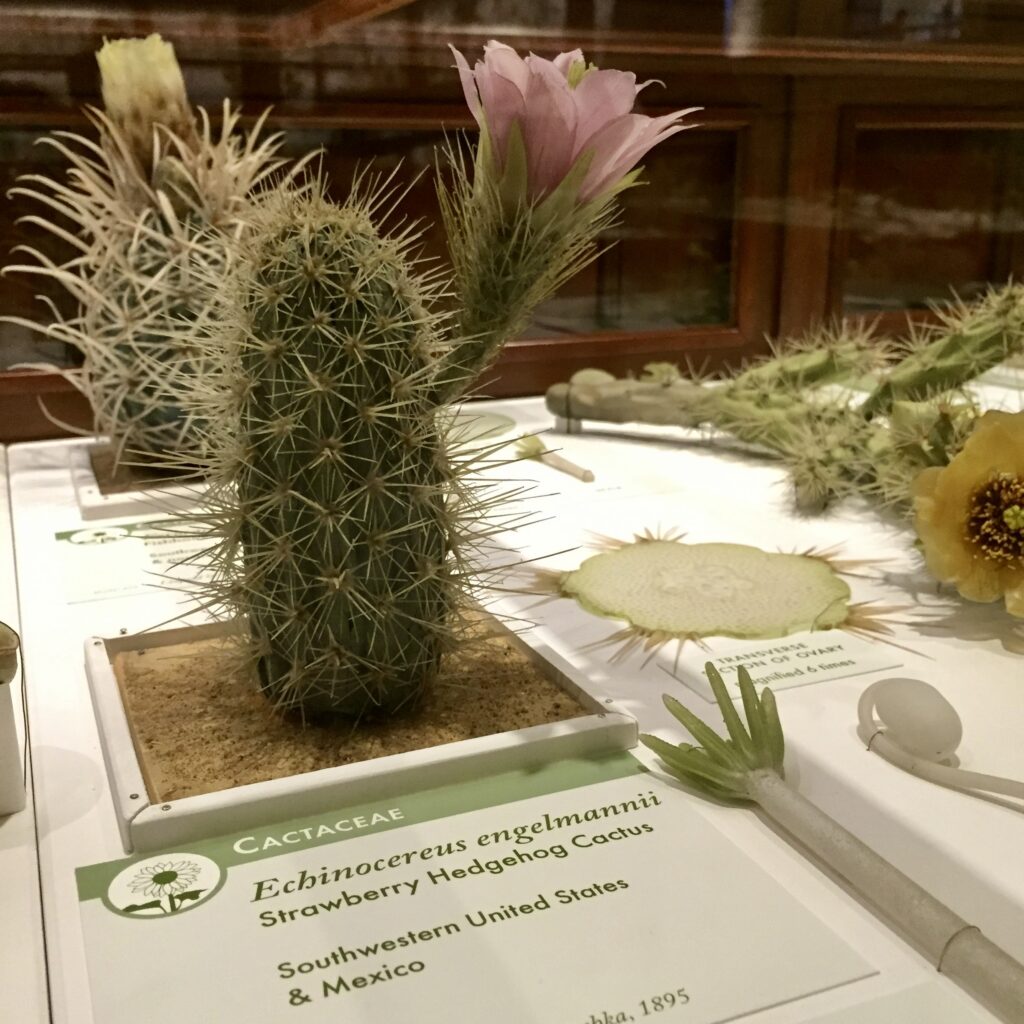
Unreal. (And well worth a visit if you ever find yourself near the Harvard Museum of Natural History.)
In the process of writing this post, I learned that Leopold fell in love with marine invertebrates in 1853, when the ship carrying him to America was becalmed for two weeks near the Azores. His wife and his father had just died within a few years of each other. The trip was something of an escape.
I think about him, adrift and grieving in the middle of the ocean, with nothing to do but stand on deck in the night and pay attention.
Hopeful, we look out over the darkness of the sea, which is as smooth as a mirror; there emerges all around in various places a flashlike bundle of light beams, as if it is surrounded by thousands of sparks, that form true bundles of fire and of other bright lighting spots, and the seemingly mirrored stars.
✵
Little wonders all around.
In caregiver support group, someone says “I would like to sit longer with joy,” and my body responds with an instantaneous shower of chills.
There is an urgency to life right now. It feels like nothing can wait.
At dinner immediately after, I catch myself leaping out of my seat at soon as the last forkful of food has entered my mouth. I stop, sit back down, close my eyes, take a deep breath. More chills. I feel my gut unclench.
I did it again this morning at breakfast, jumping up like there’s a fire in the kitchen and I have to rush to put it out. But there’s no visible fire, just the slow, underground burn of his decline. Miles and miles of it stretching under everything.
But still.
I would like to sit longer with joy.
It felt as if everyone else had already read Priestdaddy and I was last person to arrive at the Priestdaddy Party and yet when I scream at anyone in earshot about how this is the funniest book I’ve read in years, many of them haven’t heard of it at all. A reminder, then, to holler about the things we love, never assuming they’re old hat to those around us. We can always be the catalyst for someone’s next foray into joy.
A lovely short post by Dave Rupert about platforms and silos and what we’re getting out of being in online spaces. Having been largely absent from social media since becoming a caregiver, I don’t feel a lot of Loud Feelings about the implosion of Twitter.1 I do feel the urge to encourage folks, as Dave does, to “pour a foundation for your own silo or home.” A personal website is a lovely thing. Nobody will buy this platform and use it as their personal plaything. No advertisers will boycott and send me scrambling to produce different content. No seed funding will run out overnight.
But as Robin said: “It’s not enough to make something and post it online; you must also inject it into some channel that will carry it to people.”
For now, that channel is mostly RSS, with the occasional direct share to Discord and Slack. I’ve contented myself with carrying these posts to far fewer people of late, and maybe that trend will continue. I’m toying with the idea of Dunbar’s Digital Number. How many meaningful online relationships can I maintain? The number shifts dramatically given what I’m doing in the rest of my life, and the fact is that I’m currently walking around with overwhelming emotions sloshing perilously close to my airways at all times. So I don’t let myself worry over what will become of Twitter, even though it brought me so many treasures and connections and friendships and opportunities over the years, because I’m doing as Dave suggests and pouring value into myself.
That’s enough for now.
1. This might change when it’s time to promote my next book and I emerge from the bunker to find tumbleweeds where my weird and far-flung online friends once stood, but that’s a problem for Future Lucy. ↩
Saw a comic that made me laugh in queasy recognition. Didn’t want to link to it on Twitter, so I went hunting. Coni has a blog! But the comic isn’t on the blog. THE COMIC IS NOW ON THE BLOG, RENDERING THE REST OF THIS POST SEMI-MOOT! Coni has a Patreon with lots of comics on it! But not this one. Coni has an Instagram with this comic on it! But the formatting loses a lot in the jump to square panels. So: a Twitter embed.
Two demons 😈✏️ pic.twitter.com/K75T3NbFmC
— Coni Yovaniniz (@kurisquare) November 10, 2022
I don’t say any of the above as a criticism! I do the same thing! There’s some obscure internal logic that dictates when I make the effort to cross-post things and when I don’t. Sometimes it’s about formatting, sure, but other times it’s about tone. Certain comics or posts just fit better in different parts of my online presence.
I’ve wondered with increasing frequency whether it makes the most sense to start consolidating everything on my own site, but the fact is there’s something valuable about maintaining these different tonal environments. I like having Patreon as a space to talk (mostly) about craft and maintaining a creative practice; it keeps my blog free of any pressure to produce “worthwhile” content. Maintaining a little distance helps combat context collapse, keeping certain things within certain circles and keeping those circles relatively small.
(I keep thinking about the era when comics friends would warn that Twitter became unusable for them after they’d surpassed 10,000 followers, a threshold I’ve been over for some time.)
But there’s something else under this: the idea of being a Word Person and/or an Image Person on the internet. Some people certainly play with both (I’m thinking of Robin’s essays), and you could even argue that cartoonist is the definition of a Word and Image Person, but I think the way we treat platforms online splits these categories by necessity. I have split myself.
A lot of this crystalized after I read Alexis Madrigal’s lovely thread on Word People:
I read this thread and think “Yes! That’s me!” Or at least the Me that occupies this particular corner of the web. The Word Person part of my brain is the one that wanted to go to a liberal arts college and get a degree in Something Other Than Art (although I fell at the final hurdle and ended up with one regardless). The Word Person is still reading like it’s her job and keeping a journal and talking too much. She even controls how I read comics (words first, images as a sort of subconscious afterthought), which is a source of much self-judgement. (I know how long those pages take to make!!)
The Image Person struggles to keep up, or speaks in a register that’s harder to hear.
And then there’s the coding angle! Most of the blogging services my internet friends are gushing over these days focus on the written word. Introducing images of all different sizes and formats to the experience of building a website automatically shoots it into a realm beyond my limited technical ken.
Anyway, back to the what-goes-where-ness of platforms. Other Robin had a bit about that in his latest newsletter:
It’s not enough to make something and post it online; you must also inject it into some channel that will carry it to people. The web itself doesn’t do that; you need an extra layer, some reservoir of attention and/or curiosity, whether it’s Google, the blogosphere (RIP), StumbleUpon (RIP), Twitter (RIP) … hmm, there seem to be a lot of dead channels out here.
Back in the 2000s, I thought I knew things about distribution, about attention and networks — but I didn’t really.
It was, honestly, the experience of publishing a book with FSG that showed me what distribution really looks like, and taught me that you just cannot be starting from scratch every time. You need supply chains — not only (or even primarily) physical, but commercial and intellectual. Emotional, even.
I love the idea of a reservoir of curiosity coupled with an emotional supply chain. And those features don’t need to be built! They live in the people I want to spend time with! Curious people who maintain relationships over time and space, even when those relationships lie fallow for a spell.
I don’t measure the health of my friendships by whether or not we speak every day. Why should I then transfer that pressure onto my internet spaces?
“I have done nothing all summer but wait for myself to be myself again.”
— Georgia O’Keeffe, in a letter to Russel Vernon Hunter, from Georgia O’Keeffe: Art and Letters
I’m not sure what type of Seasonal Human I am.
I have friends who grumble and sweat their way through summer, yearning for the day when the leaves begin to turn. “YES,” they cry, the minute the mornings get cold, conjuring a cocoon of woolly sweaters and bobble hats out of thin air. “THIS IS MY SEASON.”
Do I have this? I don’t think so. At least not consistently. This year saw a huge uptick in interpersonal energy around the Summer Solstice, but it was frenetic and surreal and overwhelming. It left me dizzy. I wanted to return to the gentle rhythm of work; going to the studio every morning and having enough room to breathe. And I got that for a while! But then there was another social energy surge in October? That’s not so common.
Martha Graham spoke of not using an emotion to generate a movement, but rather letting the movement return the emotion to her body. I wonder if seasons work this way, too.
When things get overwhelming—as they have been for the last, oh, six months or so—I default to logging phone numbers and quotes and book recommendations and ideas in my to-do list app rather than filing them in their appropriate places. This never goes well for me, since my to-do list then becomes an un-completeable heap of Weird Stuff that elicits instant anxiety every time I look at it until one day (today) I rush through it and delete or file everything that isn’t an actual Task.
One of those items, a mere two months old, was to mention that this graph made me emotional the same way seeing a bunch of drivers pull over for an ambulance in early 2021 made me emotional.
Taking a closer look at the demand history graph; check out the change from 5:50 PM to 5:55 PM (right after the EAS alert was sent out): a drop of, and I kid you not: 1.21 gigawatts (rounded to 2 decimal places). #FlexAlert #heatwave pic.twitter.com/QH1GS6EZ4b
— Matt Fern (@MattF_NorCal) September 7, 2022
These days when I see exhortations to conserve power or water or any other communal resource, I’m alarmed by how cynical I’ve become. Maybe it’s living in a drought-blighted valley where the local country club maintains an emerald green golf course, knowing that however many penalties the water district imposes, the wealthy will just pay for more water. Or maybe it’s general pandemic-era weariness. I don’t know.
But we had a massive heatwave in early September, prompting the powers that be to send out a state-wide text encouraging people to reduce their power usage and avoid blackouts—and it worked! People were asked to make a sacrifice for the common good and they did! You can see it!
1.21 gigawatts. How about that.
A zero-to-sixty obsession with Katherine Angel this past week, having never encountered her work before. Just finished Unmastered and a cursory Google reveals that of course it was Olivia Laing who reviewed it in The Guardian when it came out, referring to it as “a giddily joyful book, thicketed with exclamation marks.”
Thicketed!!
I love her. I love that they are peers. I love this game of finding out that people I admire know other people I admire. (See also: endnotes in Unmastered referencing Hélène Cixous.)
This is probably the sign I’ve been waiting for, wondering what book to take when I flee to an island with no internet or cell reception next week. I’ve had Laing’s Everybody, A Book About Freedom sitting on my shelf since it came out, but for some ungodly reason haven’t cracked it. Everything else on my list is a library eBook accessible only via an iPad app and it feels deeply wrong to be reading on an iPad in the wilderness. BRING ME PAPER.